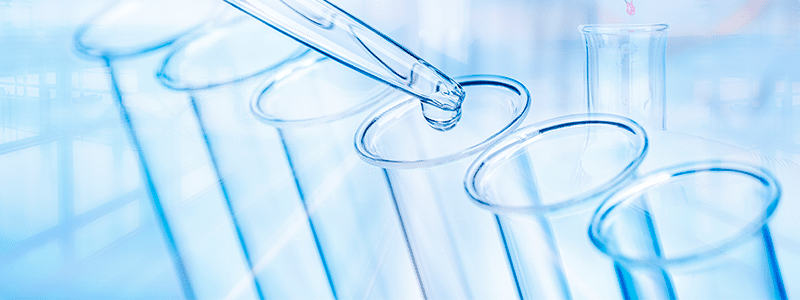It is important for companies linked to the pharmaceutical industry to implement a good crime prevention model in accordance with the associated risks.
The enactment of the Economic Crimes Act has introduced a special regulatory framework to address crimes committed in the business environment with a particularly rigorous approach towards those who occupy hierarchical positions in the organization.
As we know, the law establishes four categories that define when a crime can be considered economic. With respect to the second category, which covers offenses that regulate economic activity and are committed in the exercise of an office or position within a company, or that seek an economic benefit or other type of advantage for the organization, we include those that are applicable to the pharmaceutical industry.
The industry is made up of all those companies involved, directly or indirectly, in meeting the needs of ensuring the production and supply of medicines, including those involved in the stage of (1) production, (2) distribution and storage, (3) dispensing and marketing to the public, as well as (4) other establishments outside the supply chain, such as quality control laboratories, bioequivalence study centers and clinical research centers. Thus, with respect to this industry, we highlight the following offenses:
- Article 313 D of the Penal Code: Penalizes the manufacture or sale of deteriorated or adulterated medicinal substances that represent a danger to health, with minor imprisonment in its medium to maximum degrees and a fine of six to fifty monthly tax units. Clandestine manufacture or sale aggravates the penalty.
- Article 52 letter a) of Law No. 19,039 on Industrial Property: Penalizes those who maliciously manufacture, use, offer or introduce in commerce a patented invention for commercial purposes.
- Article 44 of Law No. 20,920, which establishes the Waste Management Framework: Imposes penalties for the export, import or handling of hazardous waste without the corresponding authorizations, with the penalty of minimum to medium term imprisonment, and the penalty is increased if the activity generates environmental impact.
Although the pharmaceutical industry is a heavily regulated area, it is essential that the companies associated with it, such as production laboratories, in addition to having controls from the regulatory point of view, implement a good model of crime prevention according to the risks associated with the activities of the industry.
It is important to highlight that those cases related to this industry, in which rules of free competition, public health, environment, among others, have been violated, will no longer be sanctioned only at the administrative level, exposing both the company and its members to criminal sanctions, even imprisonment for the latter.
With the new law, these figures may be prosecuted in both venues, and may even be subject to criminal penalties and administrative fines.
For more information on these topics please contact our Life Sciences and Compliance teams:
Francisca Franzani | Director Compliance group | ffranzani@az.cl
Dafne Guerra | Senior Associate Life Sciences Group | dguerra@az.cl
Jaime Viveros | Associate Compliance Group | jviveros@az.cl
Lucas Norambuena | Associate Life Sciences Group | lnorambuena@az.cl




